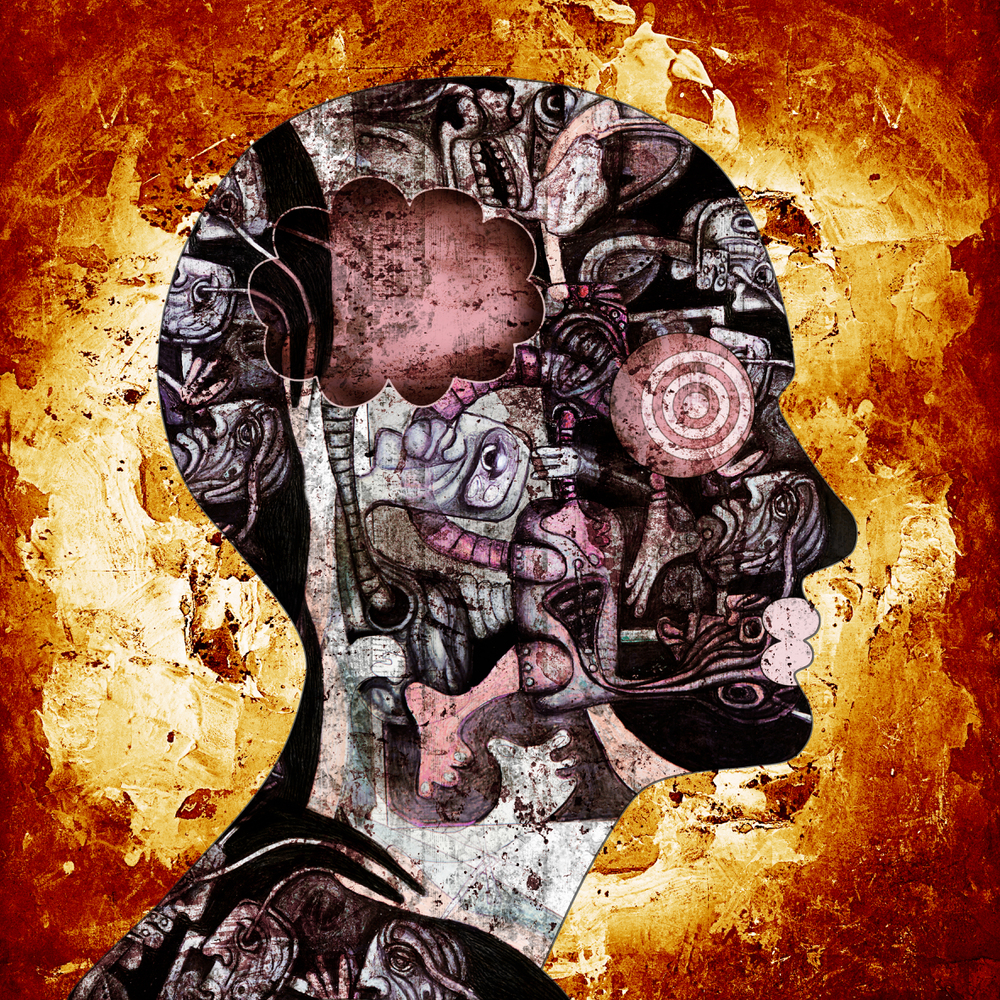A review of nearly 700 personal accounts of psychosis shows that people rarely reduce their experiences to medical symptoms. Many describe them in terms of spirituality, trauma, or cultural traditions.
The study, published in Schizophrenia Bulletin Open by researchers at the University of Nottingham, the University of Birmingham, Osaka University, and Nord University, warns that mental health care can cause harm when it dismisses these explanations as irrelevant.
For much of psychiatry’s history, psychosis has been treated as a meaningless symptom of illness. Yet the team—led by Benjamin-Rose Ingall, Merly McPhilbin, Felix Lewandowski, Yasuhiro Kotera, Gerald Jordan, Mike Slade, and Fiona Ng—shows that these experiences can be central to identity, especially when they carry spiritual or cultural significance.
“To dismiss the lived experience narratives as invalid,” the authors write, “is a form of epistemic injustice.”
















Again, I’m not allowed to see the entirety of this article, and told, “This content is restricted to buyers of .” And again I ask, “buyers of” what?
Hopefully later, as a MiA subscriber and regular donor, I will be able to see the rest of this article soon.
But as one who had a dream query claimed to be “psychosis,” I will point out the reality that when the “mental health professionals” claim all dreams are “psychosis,” since we all dream, they have rendered the term “psychosis” to be “irrelevant to reality.”
And, since my dream was of a Spiritual nature, I do agree, dismissing Spiritual dreams by the Holy Spirit blaspheming, scientifically “invalid” “mental health professionals,” may have been a mistake on their part.
Report comment
It’s a mistake to imagine that psychiatry or psychology has any role at all in understanding or defining conditions which can only ever be apprehended by the person going through them, and many of you will wish you had a psychosis when you understand what it is and what happens when you let it run and observe it. That observation and non-verbal understanding is of value, but they are not ideas or beliefs – they are words to convey something non-verbal. And that thing can only be apprehended by the person. No external person should ever have become so stupid as to think that they could possibly be an expert in psychosis who has never even been through it, and our socially conditioned ideas about it, and these loud quacks who proclaim themselves experts in it, have ruined the understanding of society which harms the understanding of people who would otherwise care and support the person but now see it as mental illness and sends them into the harmful clutches of the psuedo-expert, the psychiatrist. Please try and measure the actual calamity of this to one single family who is now convinced that their young daughter has a chronic condition called psychosis and must now take antipsychotics for the rest of their lives, and think of the harm that does to both the parental understanding of their child and their child’s understanding of themselves and their own problems. That is such an incalculable crime in just one child, a harm they may never recover from and that has the power to drag a whole family into unhappiness and confusion. Probably it’s happening to maybe 10 million children today in America, and that’s just antipsychotics. People on chronic antipsychotic medication have a life expectancy about 20 years shorter then average, and only 20-30% ever recover ‘social functionality’. But those who don’t take chronic antipsychotics have about a 50% recovery while those who go through the Open Dialogue treatment in Finland which doesn’t administer long term antipsychotic but provides therapeutic listening to them and any of their social network to attend has a success rate of 80%. And this is what happens when people outside of your experience try to claim expertise in that experience, and they do it in the first place because you are an unreliable narrator, someone ill whose account can never be taken for granted. And they were the ones that diagnosed it thus. Now it’s an enormous global cash cow for the pharmaceutical and psychiatric and psychological services industry. If we understood the truth of healing it would cost these industries hundreds of billions of dollars annually as well as a captive and ever expanding market base.
Report comment
I will admit, since it’s the anniversary of 9.11.2001, my Holy Spirit blaspheming, child abuse covering up, psychologist blamed all the distress of 9.11.2001 on a “chemical imbalance” in my brain alone … which is/was an insane and “invalid” belief system.
Report comment